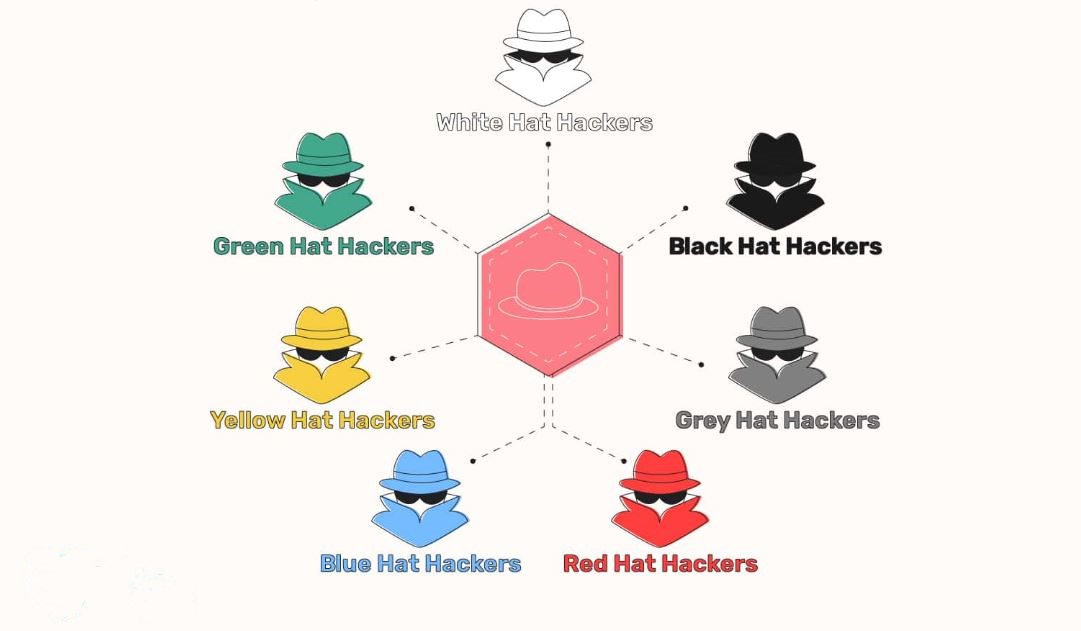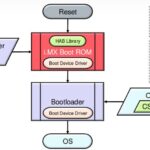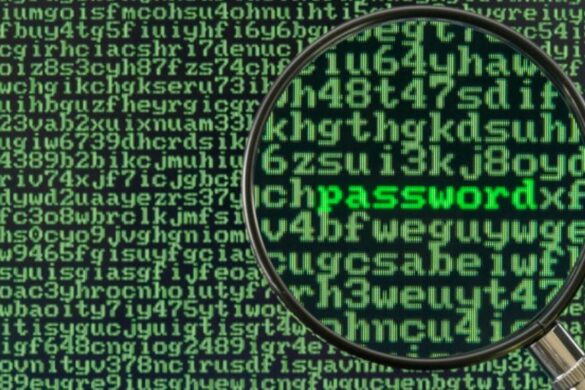Ethical hacking is the practice of testing systems, networks, and applications for security vulnerabilities in a legal and authorized manner. Unlike malicious hackers, ethical hackers help organizations identify and fix security weaknesses before they can be exploited.
Why Take Ethical Hacking Courses?
-
Skill Development: Learn how to detect and prevent cyberattacks.
-
Career Opportunities: Ethical hackers are in high demand across industries.
-
Certifications: Courses often lead to recognized credentials like CEH or CompTIA Security+.
-
Hands-On Experience: Many courses provide labs and simulated attacks for practical learning.
Top Beginner-Friendly Ethical Hacking Courses
1. CEH (Certified Ethical Hacker)
-
Overview: One of the most recognized ethical hacking certifications.
-
Focus Areas: Network security, penetration testing, vulnerability assessment.
-
Ideal For: Beginners with basic IT knowledge seeking professional certification.
2. CompTIA Security+
-
Overview: Entry-level cybersecurity certification covering security fundamentals.
-
Focus Areas: Threats, cryptography, risk management, network security.
-
Ideal For: Individuals starting a career in cybersecurity.
3. Udemy Ethical Hacking Courses
-
Overview: Affordable online courses for self-paced learning.
-
Focus Areas: Penetration testing, hacking tools, Linux security.
-
Ideal For: Beginners who want hands-on practice with guided tutorials.
4. Cybrary Ethical Hacking Path
-
Overview: Free and paid courses focusing on cybersecurity skills.
-
Focus Areas: Ethical hacking, incident response, and vulnerability management.
-
Ideal For: Beginners seeking structured learning paths.
5. Hack The Box Academy
-
Overview: Interactive labs and challenges for real-world hacking practice.
-
Focus Areas: Practical penetration testing, CTF challenges, skill building.
-
Ideal For: Hands-on learners wanting practical ethical hacking experience.
How to Choose the Right Course
-
Consider Your Skill Level: Start with foundational courses if you have little technical knowledge.
-
Check Course Content: Ensure it covers network security, ethical hacking tools, and practical labs.
-
Certification Recognition: Choose courses that provide industry-recognized credentials.
-
Hands-On Practice: Interactive labs and exercises improve learning retention.
-
Budget and Flexibility: Online platforms often provide self-paced, affordable options.
Best Practices for Learning Ethical Hacking
-
Practice in Safe Environments: Use virtual labs and test networks.
-
Stay Updated: Cybersecurity evolves quickly; keep learning new techniques.
-
Join Online Communities: Forums and groups provide tips, guidance, and challenges.
-
Ethics First: Always practice hacking legally and responsibly.
Conclusion
Starting with ethical hacking courses is the best way for beginners to build a strong foundation in cybersecurity. By choosing the right courses, practicing in safe environments, and earning certifications, aspiring ethical hackers can develop valuable skills, launch a rewarding career, and contribute to safer digital environments.





